It has been known from the Vedic times that nature and mankind form an inseparable part of the life support system. This system has five elements, air, water, land, flora and fauna, which are interrelated and interdependent. Deterioration in one inevitably affects the other four elements. If the deterioration is for a short term, it repairs itself and reverts to the original state, but if the deterioration continues, the whole system, including all life form, is thrown out of gear. The unlimited diversity of life of India is most remarkable; but rapid industrialization, urbanization, population pressure and extension of agriculture have created a serious onslaught on the human ecosystem and the natural balance which is necessary for proper human development, has reached a perilous stage. Destruction of forest has led to the shrinkage of wildlife habitat leading to the disappearance of many valuable species of wildlife that dominated the surface of earth in earlier era. Technology has enormously expanded the frontiers of the feasible. In the process, mistakes were made. The setting of new goals and an improved understanding of overall interrelationships constitute the prerequisites for rectifying with the aid of technology a part of the damage, and for avoiding damages in the future. The planning activity which has to precede each technical solution so to speak the software is therefore of particularly great importance. Problems of a limited scope, e.g. the installation of filter systems or the treatment of certain wastewaters, can naturally be dealt with in relative isolation and independently. And wherever areas are already governed by succinct regulations, good technical solutions can be found with low planning effort. In such cases the additional planning is usually limited to the evaluation of the most cost effective products in the concrete application. However, this nonintegrated use of technology should rather the exception. Namely, most environmental problems are the result of excessively narrow approaches that are based on one-sided technical viewpoints that have not been sufficiently thought through. Experience tells that there is a great danger that sooner or later a grafted technology, even one that goes under the name of environmental technology, will again produce undesired secondary effects. Environmental appraisal is a technological discipline susceptible to quick obsolescence. The new developments in pollution control devices definitely change the face of the technology but more than that, the changes in the production technologies themselves and the advancement of knowledge about the dynamics of environmental interaction also give rise to obsolescence in pollution control methods. This scenario calls for constant updating of information, which is presented in the form of a dictionary. It is hoped that the dictionary will be of immense use for a galaxy of distinguished academicians, expert technologists, pollution control consultants, research scientists and meteorologists along with the teachers of Engineering and Science Colleges and University Departments, the Technical Personnel from industries and prospective entrepreneurs. In addition, the expert environmental scientists and technologists consultants, universities, industries and government organizations will also use immensely with magnitude of this global concern and the possible remediation measures for restoration of sanctity of environmental resources.
Water: Characteristics and Properties
$38.70
$43.00

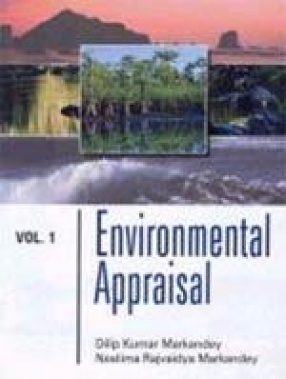
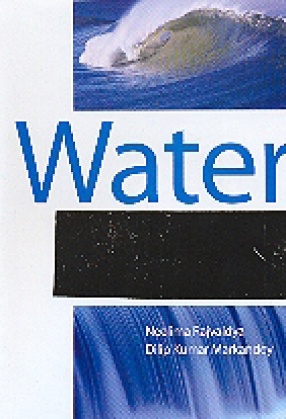
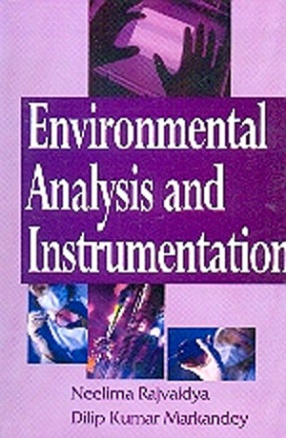
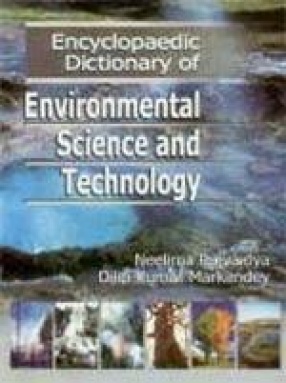
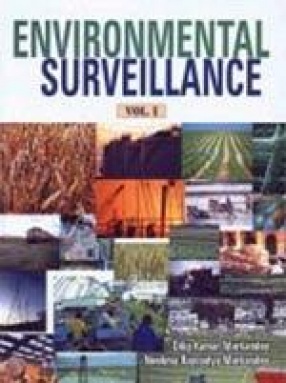
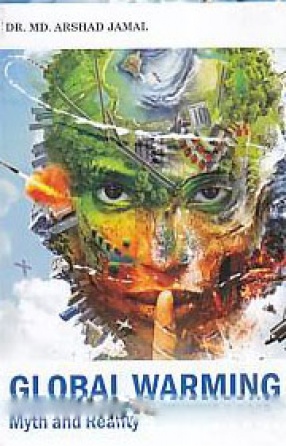

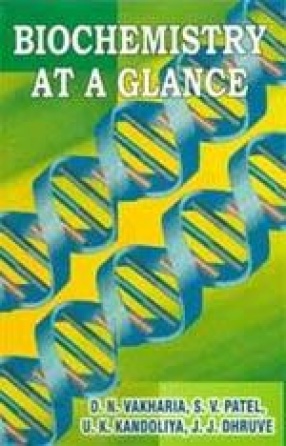
There are no reviews yet.